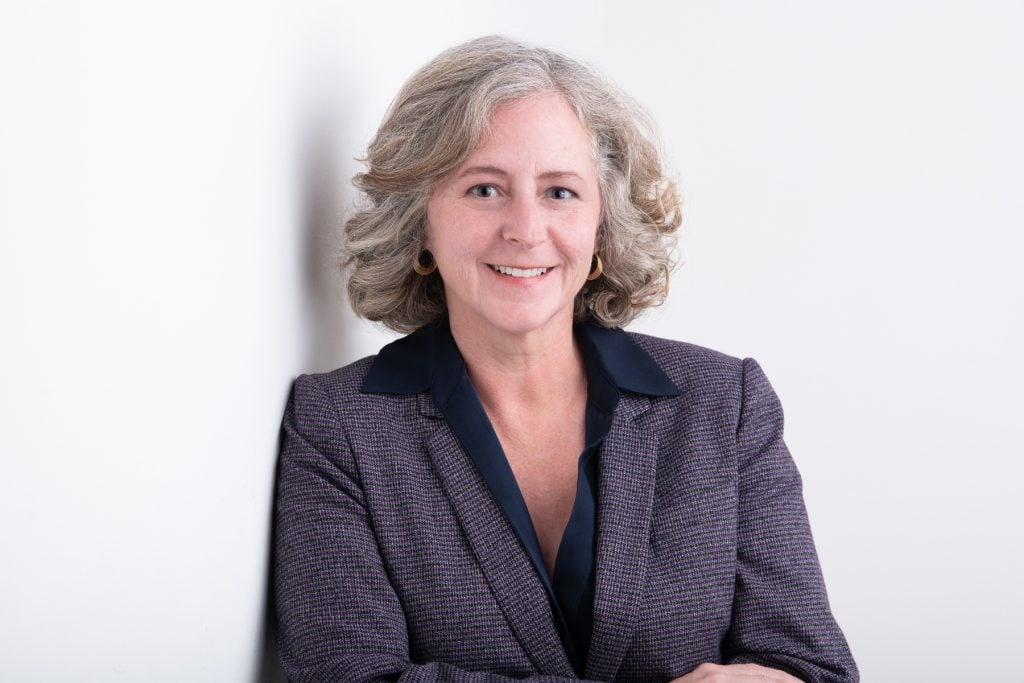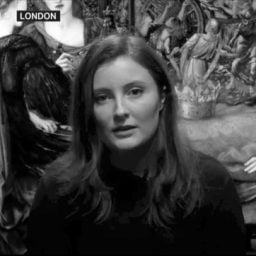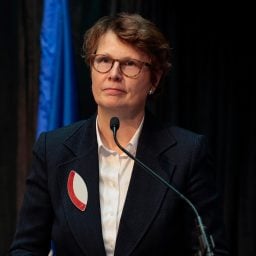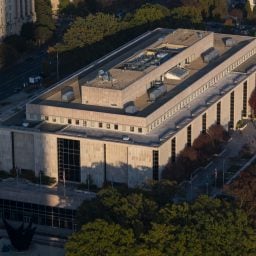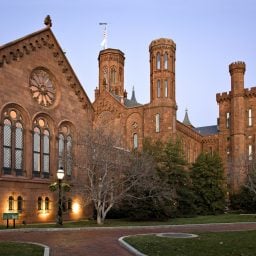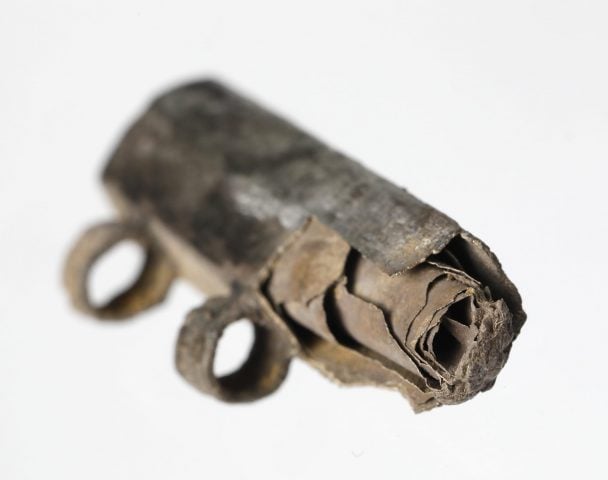Elizabeth C. Babcock has been appointed the new founding director of the Smithsonian American Women’s History Museum. She replaces Nancy Yao, who stepped down from the role after she was investigated last year over claims that she mishandled allegations of sexual harassment at her previous job as head of New York’s Museum of Chinese in America (MOCA).
The Smithsonian American Women’s History Museum was established by Congress in December 2020 with the mission of advancing knowledge and understanding of women’s accomplishments in U.S. history. Construction has yet to begin and it is estimated that the physical location, which will be either along the National Mall or near the Tidal Basin in Washington, D.C., will not be complete for about a decade.
In the meantime, Babcock, who assumes the director role on June 3, will play a key role in acquiring the museum’s permanent collection as well as setting up a program of temporary exhibitions and education opportunities. She is also tasked with the continued project of fundraising for the museum, which currently has a budget of $7 million.
The museum raised over $65.5 million dollars initially thanks to generous donations from female philanthropists like fashion designer Tory Burch, Walmart heiress Alice Walton, and Melinda Gates.
Babcock has plenty of experience fundraising. For the past two years she has been president and CEO of Forever Balboa Park in San Diego, a 1,200-acre site that houses 17 museums and several performing arts venues. During her short tenure, she helped build a long term strategic plan and progress the multi-million dollar restoration of the park’s Botanical Building and Gardens.
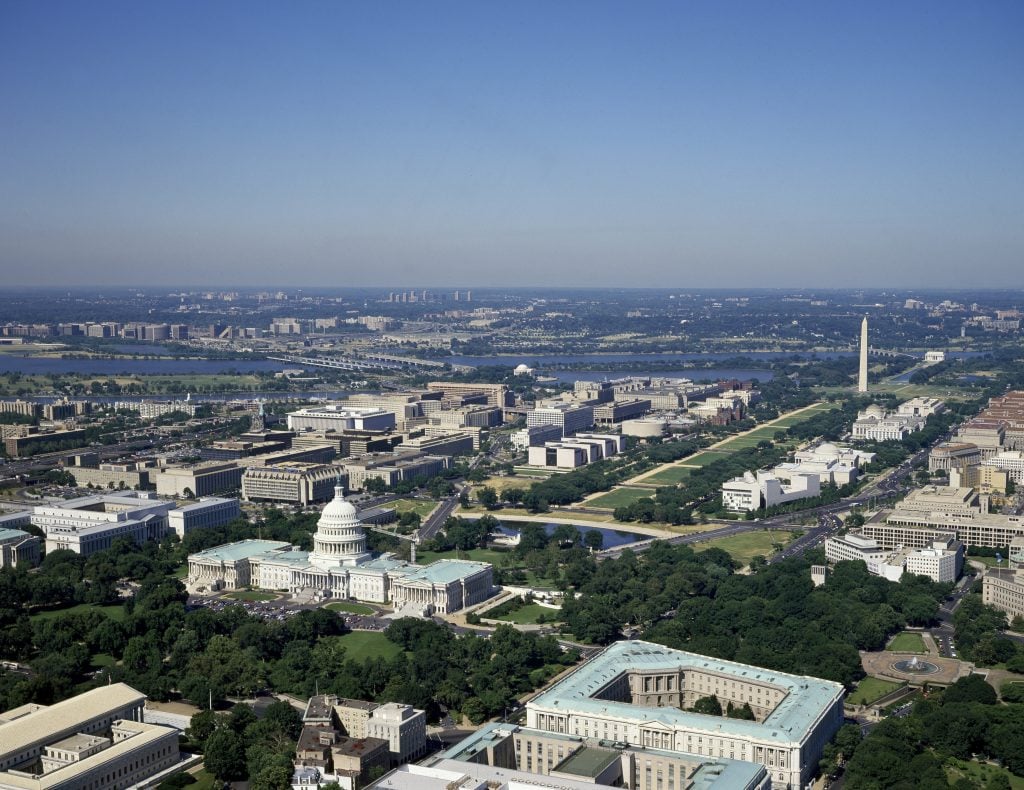
Aerial view of Washington, D.C. Photo: Carol M. Highsmith/Buyenlarge/Getty Images.
“Cultural institutions play a critical role in discovering and sharing powerful stories about the human experience that can change our lives,” said Babcock in a press statement. “I look forward to engaging with communities across our great country to identify and celebrate the diverse contributions women and girls have made and continue to make in the fabric of American society.”
The search for a founding director was re-opened last summer after Nancy Yao, who was appointed in March 2023, was accused by former employees of being “tolerant of boorish, sexually inappropriate behavior by male employees, of failing to take appropriate steps when complaints were reported to her, and of being retaliatory against those who reported harassment allegations.”
As a result, MOCA had to settle three wrongful-termination lawsuits from employees who alleged they had lost their jobs after reporting the sexual harassment of their co-workers, according to an investigation first published in the Washington Post. Meanwhile, the two men who had been accused kept their jobs.
Yao denied retaliating against whistleblowers and said she was withdrawing from the Smithsonian role due to family issues.
“All of that preceded me,” Babcock said in an interview with the Washington Post on Monday. “I am focused on the future.”
Prior to joining Forever Balboa Park, Babcock was chief public engagement officer at California Academy of Sciences in San Francisco for 12 years and vice president of education and library collections at the Field Museum in Chicago for eight years. She received her PhD in anthropology from Indiana University Bloomington in 2003.
“Having served as a founding director, I know how this position requires clear vision, leadership and endless enthusiasm to bring history to life,” said Lonnie G. Bunch III, secretary of the Smithsonian. “Dr. Babcock has all three and so much more. She will use her museum and management expertise to unlock American women’s stories for our nation in ways that we can learn from the past to be inspired for the future.”
